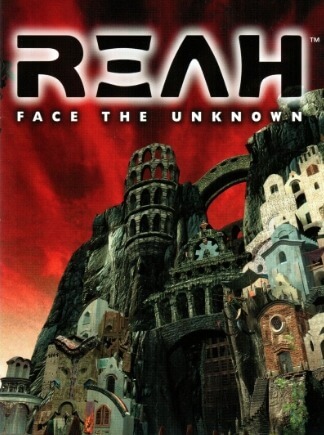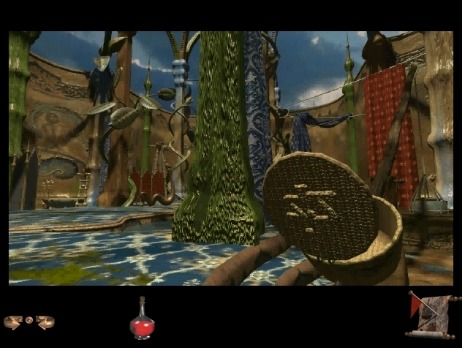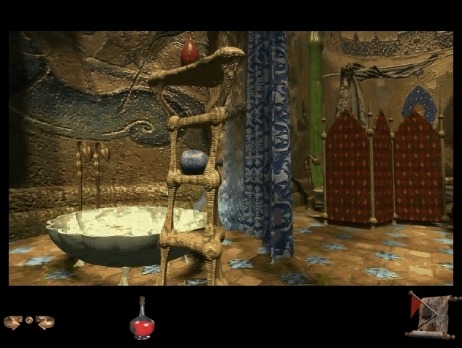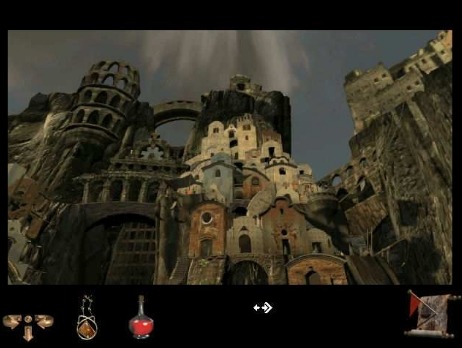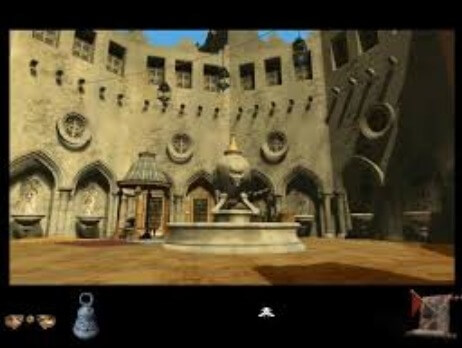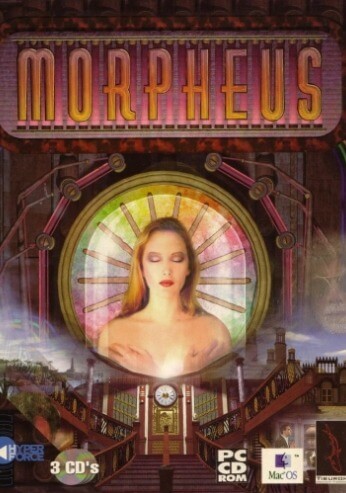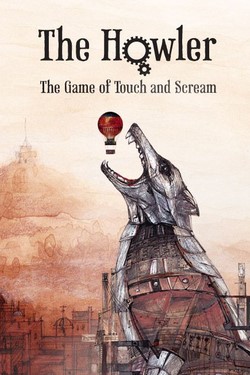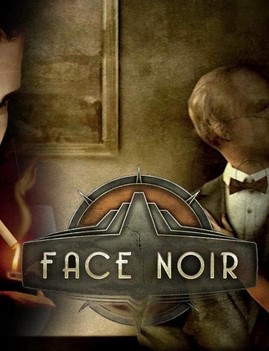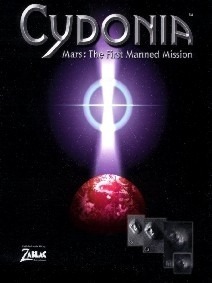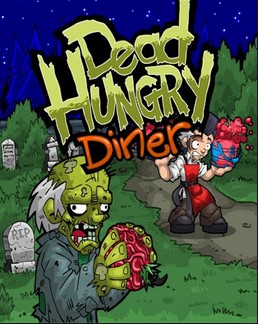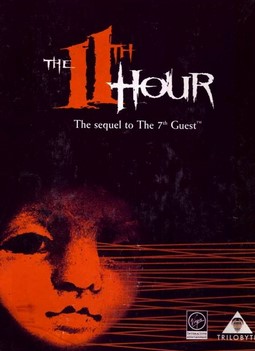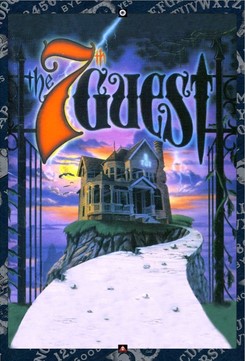The game was developed in Poland by LK Avalon and Detalion. The Detalion founders had met in the early 1990s while collaborating with Polish developer-publisher LK Avalon, and soon began working on ambitious projects like A.D. 2044 and Reah: Face the Unknown. Around this time, Detalion was known as a developer of surreal, Myst-like games with "phantasmagorical, fantastic worlds". The game was intentionally designed to be non-violent so as to appeal to a broader range of players. The full-time team who worked on Reah and its sequel, Schizm: Mysterious Journey, consisted of six people, though the productions had an extended roster of hired help including actors, text writers, and sound designers. Resources were increased in later games due to the industry standards of professional outsourcers, localization and animation studios, while maintaining both quality and low costs.
Production
The game used the V-Cruise gaming engine, the QMixer sound engine licensed from QSound Labs, and the DVD-ROM version used MP3s from Fraunhofer Institut. Once the gameplay and text were completed by the in-house staff, it was sent to the relevant people to flesh out. However, the staff felt a sense of confusion and uncertainty about their work, and decided that in the future they would hire a professional sci-fi writer to develop the story from the very early stages of production. While this was not the case with Reah, Detalion decided that as a rule of thumb, the story writer should also be the gameplay author.
As the Polish video gaming industry was still in its infant stages, everyone involved in the production knew each other. There were no tertiary courses to teach people the required skills, so they learnt while making games with more experienced colleagues. The small teams in the production of games such as Reah had no issues with communication or bureaucracy that appear in larger organisations.
Release
The Computer Show thought the game could have been a surprise hit upon its original proposed release date of April 1998. PC Action announced the game would be released in August 1998. However, PC Zone noted that they had still not received a copy of the game by January 1999, remarking that such was usually indicative of one of two things: that the game is bad and the company is therefore scared to have it sent off for review before it is sold, and that they hadn't yet decided on release dates.
Project Two Interactive revealed in May 1999 that the DVD version of the game would be released in retail outlets in June through GT Interactive Software's affiliate label program. This version was 10 gigabytes with a compression ratio of 50%, compared to the CD-ROM version which was 3.6 gigabytes over six discs with a compression ratio of 80%. This made the DVD version one of the largest games in the market when it was officially shipped on June 16.
Author Terry Dowling, who was playing Reah at the time, contacted Detalion and was propositioned with writing the sci-fi story of the sequel, Schizm, which he accepted.
The game went out of print for a number of years, until October 24, 2017 when GOG.com made Reah: Face the Unknown and Schizm: Mysterious Journey available without digital rights management restrictions.
Critical reception
The game received mixed reviews from critics. The general consensus was that the scenery was beautiful and detailed, while the writing and plot were underdeveloped and without forward momentum. Reviews regarding the puzzles and gameplay mechanics were mixed. However most critics felt that despite the downsides, they ultimately had an enjoyable experience.
When reviewing Schizm, Just Adventure's Cindy Kyser commented that the prequel Reah was "a visually stunning yet dismal game design and writing that ranks high on my personal list of 'worst of genre' ", adding that Schizm "corrects almost every flaw that made Reah so painful to play". Tap Repeatedly criticised the game's "three too-too-hard endgame puzzles" which when completed led to an unclimactic resolution, and thought that Detalion had committed the same error in Schizm. IGN implied in 2000 that the game was not remembered by the public.
